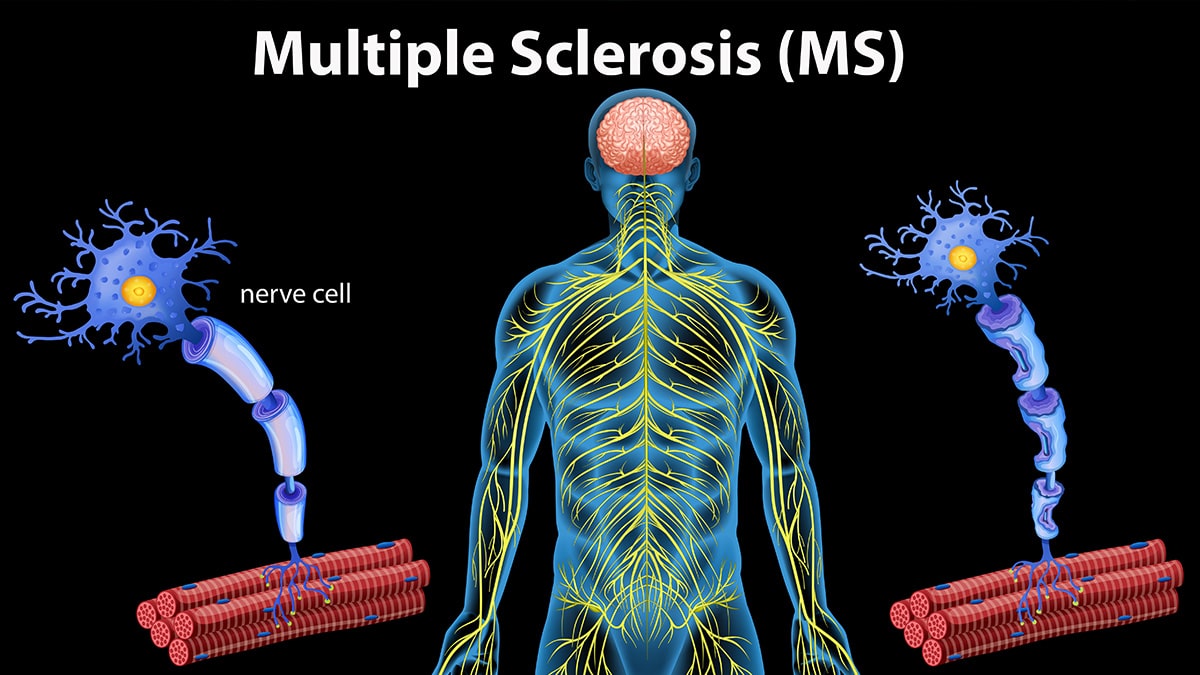Understanding Multiple Sclerosis: A Comprehensive Guide
Imagine waking up one day, feeling a tingling sensation in your limbs or experiencing blurred vision. These could be signs of a complex and often misunderstood condition called multiple sclerosis. In this article, we will delve into what Multiple Sclerosis is, its symptoms, and provide a guide to understanding this disease.
The Benefits of Knowing About Multiple Sclerosis
Being informed about multiple sclerosis can help individuals recognize early symptoms, seek timely medical intervention, and manage the condition effectively. Education about the disease can empower both patients and their caregivers in making informed decisions about treatment and lifestyle choices.
A Detailed Explanation of Multiple Sclerosis
Multiple sclerosis is an autoimmune disease that affects the central nervous system. The immune system mistakenly attacks the protective layer around nerve fibers, known as the myelin sheath, leading to inflammation and damage. This disrupts the communication between the brain and the rest of the body, causing a wide range of symptoms.
Frequently Asked Questions About Multiple Sclerosis
1. What are the common symptoms of multiple sclerosis?
Common symptoms of Multiple Sclerosis include fatigue, difficulty walking, numbness or tingling in the limbs, muscle weakness, and vision problems.
2. Is Multiple Sclerosis a life-threatening disease?
While multiple sclerosis is not typically considered life-threatening, it can significantly impact a person’s quality of life. With proper management and treatment, most individuals with MS can lead fulfilling lives.
3. How is multiple sclerosis diagnosed?
Diagnosis of multiple sclerosis often involves a combination of medical history review, neurological exams, magnetic resonance imaging (MRI) scans, and other tests to rule out other conditions.
4. What treatment options are available for Multiple Sclerosis?
Treatment for Multiple Sclerosis aims to manage symptoms, slow down the progression of the disease, and improve overall quality of life. This may include medication, physical therapy, lifestyle modifications, and in some cases, surgery.
5. Can diet and exercise help in managing multiple sclerosis?
While there is no specific diet that can cure multiple sclerosis, maintaining a healthy and balanced diet along with regular exercise can help in managing symptoms and improving overall well-being.
In Conclusion
Multiple sclerosis is a complex condition that requires a multidisciplinary approach to management. By understanding the symptoms, diagnosis, and treatment options available, individuals living with MS can take control of their health and well-being. Remember, early detection and proactive healthcare are key in navigating the challenges posed by multiple sclerosis.


